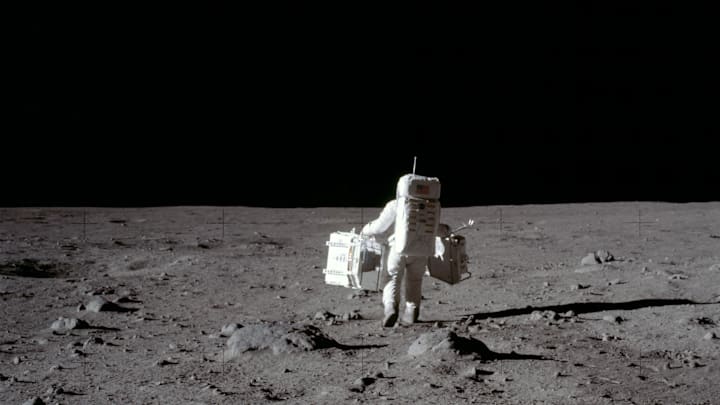The Future of Space Exploration: From Mars Colonization to Interstellar Travel

Humanity's fascination with space exploration has led to remarkable achievements, from landing on the Moon to sending robotic probes to the outer reaches of the solar system. As we look to the future, the possibilities for space exploration are expanding, driven by advances in technology, international collaboration, and ambitious visions for humanity's cosmic destiny.
Mars colonization has emerged as a key objective for space agencies and private companies alike. The Red Planet offers potential resources, such as water ice and minerals, that could sustain human settlements and enable long-term exploration missions. Initiatives like NASA's Artemis program aim to establish a sustainable human presence on the Moon as a stepping stone to Mars, while SpaceX's Starship project envisions transporting humans to Mars and beyond.
Advancements in propulsion technology are crucial for enabling interstellar travel beyond our solar system. Concepts such as nuclear propulsion, solar sails, and antimatter engines are being explored to achieve speeds that would allow spacecraft to reach nearby star systems within human lifetimes. Breakthrough initiatives like the Breakthrough Starshot project aim to develop ultra-fast spacecraft capable of reaching Alpha Centauri, the nearest star system to Earth, within decades.
Robotic exploration continues to expand our understanding of the solar system and beyond. Missions like NASA's James Webb Space Telescope and the European Space Agency's (ESA) Jupiter Icy Moons Explorer (JUICE) are poised to uncover new insights into the origins of planets, stars, and galaxies. The search for extraterrestrial life, both within our solar system (e.g., Mars, Europa) and in distant exoplanetary systems, remains a compelling scientific goal.
International collaboration is essential for the future of space exploration. Initiatives like the International Space Station (ISS), a symbol of global cooperation in space, facilitate scientific research and technological innovation in microgravity. Partnerships between space agencies, commercial entities, and academic institutions are driving progress in areas such as space medicine, resource utilization, and sustainable space habitats.
Ethical considerations, including planetary protection and the responsible use of space resources, are paramount as humanity ventures deeper into space. Preserving the pristine environments of celestial bodies and minimizing the risk of contaminating Earth with extraterrestrial organisms are critical for safeguarding both scientific integrity and environmental stewardship.
In conclusion, the future of space exploration holds immense promise and challenges as humanity ventures further into the cosmos. By leveraging technological innovation, international collaboration, and a shared vision for exploration and discovery, we can unlock the mysteries of the universe and ensure a sustainable future for space exploration.